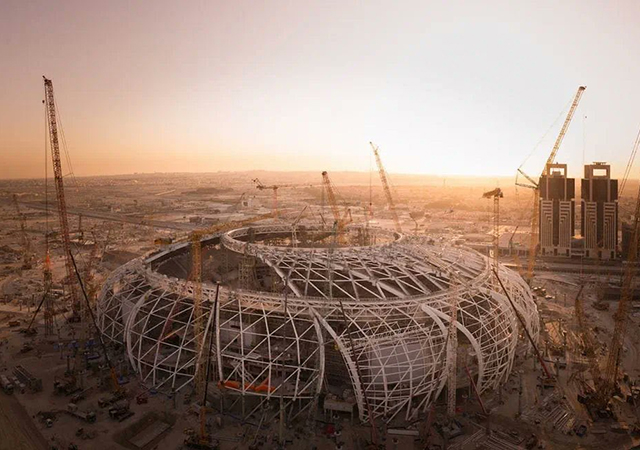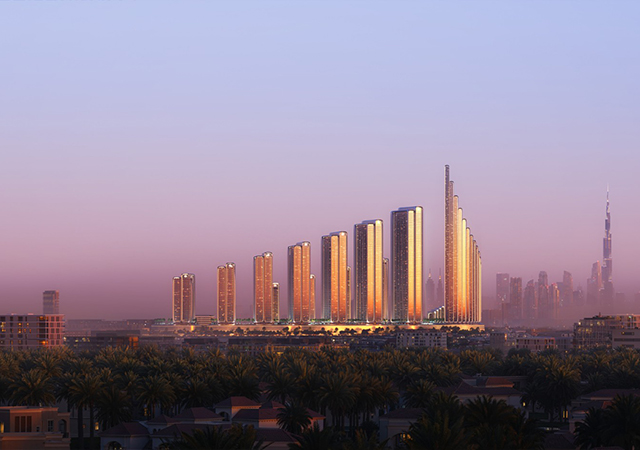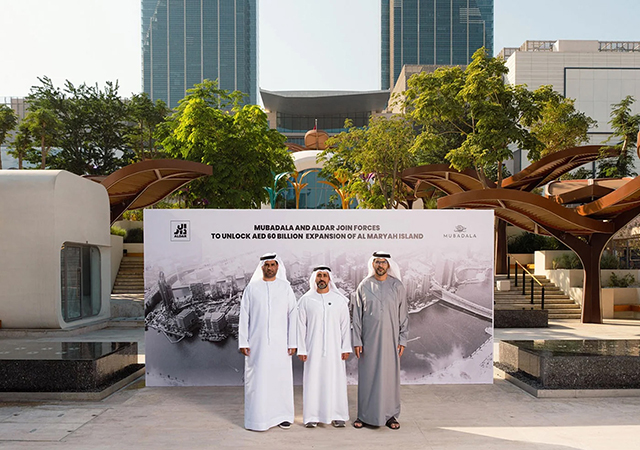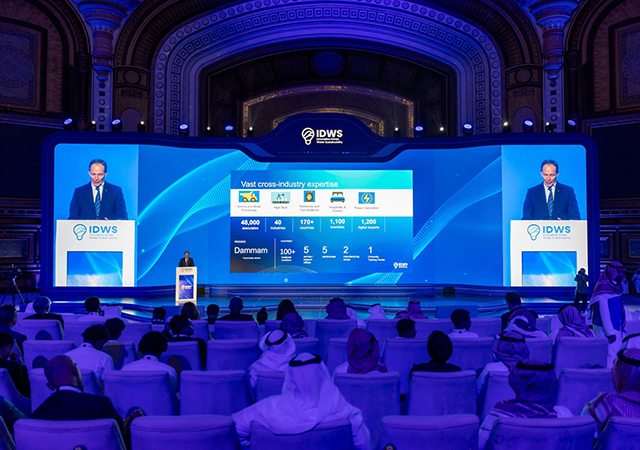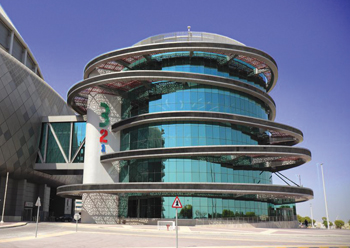

The World Cement Association is calling upon cement companies in the Middle East and North Africa (Mena) to take action, as the world’s attention is set on decarbonisation efforts in light of upcoming COP27 in Sharm-el-Sheikh, Egypt and 2023’s COP28 in Abu Dhabi, UAE.
All eyes are on the commitments and actions of the region’s oil and gas sector; however, cement manufacturing in Mena region is also significant, making up around 15 per cent of the world’s total production. The first steps are being taken, with the UAE, India, UK, Canada and Germany having launched the Industry Deep Decarbonisation Initiative at COP26 in 2021.
Nevertheless, there has been limited progress to date across the region on decisive emissions reductions, with many pledges insufficient to reach a warming limit of 2 degrees C. Only the UAE and Saudi Arabia have made pledges of net zero by 2050 and 2060 respectively, according to the Climate Action Tracker.
Consulting group and WCA member A3 & Co, based in Dubai, estimates that there is potential for companies in the region to reduce their carbon dioxide (CO2) footprint by as much as 30 per cent with no investment required.
WCA sees this as an opportunity for cement producers across Mena to take the lead and embark on their decarbonisation journeys today, which will both contribute to emissions reductions and save on operational costs, including energy and fuel, said its top official.
“There has been a lot of discussion in Europe and North America about decarbonisation roadmaps for the cement industry and good work has been done to start on this journey,” remarked its CEO Ian Riley.
“However, 90 per cent of the world’s cement is produced and used in developing countries; to impact overall industry emissions, we must include these stakeholders. Cement companies in the Middle East have some low hanging fruit to take advantage of, which will lower costs at the same time as reducing CO2 emissions,” he added.








.jpg)

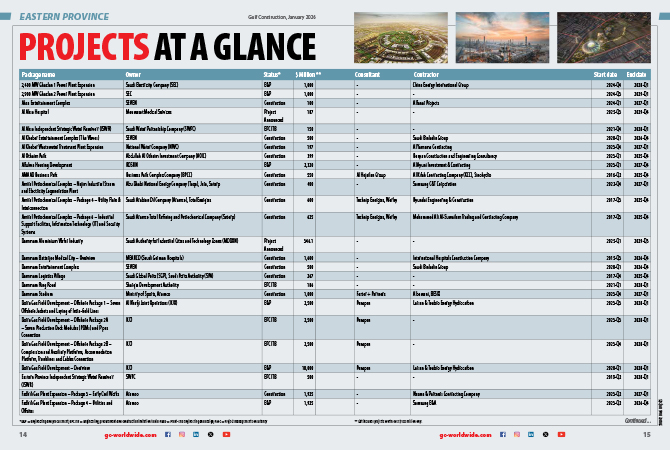


.jpg)




























.jpg)










